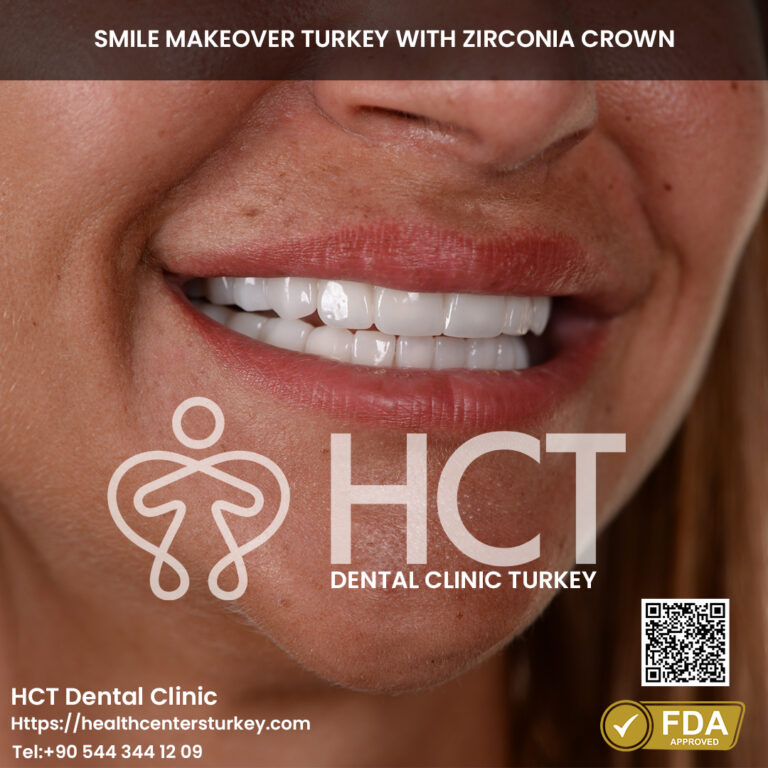Boost Your Confidence with Quality Dental Care
Dental implants have turn into a preferred resolution for those seeking to replace missing teeth. Understanding how these implants can have an result on adjacent teeth is important for anybody considering this process, as well as for dentists and specialists concerned in dental care.

One significant aspect is that dental implants are designed to be anchored into the jawbone, which suggests they are unbiased of adjacent teeth. Unlike dental bridges, which often require the alteration of neighboring teeth, implants can fill the hole without compromising the health or structure of these surrounding teeth.
This independence helps maintain the integrity of adjacent teeth. When a tooth is misplaced, there is normally a natural tendency for neighboring teeth to tilt or shift into the empty space. Such movement can lead to misalignment, which can affect bite and total oral health. By putting an implant, you effectively prevent this potential shift, promoting higher alignment in the long term.
The Advantages of Dental Treatments in Turkey including International Patients
Additionally, dental implants assist preserve bone density in the jaw. A natural tooth root supplies stimulation to the encircling bone, maintaining it healthy and robust. When a tooth is missing, the bone can begin to deteriorate because of lack of stimulation. With a dental implant mimicking a natural root, bone loss may be minimized, which indirectly benefits adjacent teeth by preserving the general structure of the dental arch.
While dental implants are advantageous, improper placement can influence neighboring teeth. If an implant is positioned too shut to another tooth, it might exert undue pressure on that tooth, resulting in discomfort or potential injury. Proper planning and imaging strategies are essential for avoiding such issues.
Tips for Dental Procedures in Turkey
Moreover, maintaining good oral hygiene is essential after receiving an implant. If not properly cleaned, surrounding teeth might turn into susceptible to dental points such as decay or gum disease. This underscores the importance of diligent oral care following the process to ensure both implants and adjacent teeth stay healthy.
Regular dental check-ups are also very important for monitoring the health of surrounding teeth. Dentists can establish any shifts or potential problems early, allowing for timely interventions. This proactive method ensures that both the implant and adjacent teeth can coexist without problems.
Upgrade Your Smile with Cosmetic Dentistry in Turkey
Another consideration is the impact of implants on bite drive. When a single tooth is missing, the load of chewing might shift to adjacent teeth, probably leading to wear or strain. Implants restore correct bite dynamics by redistributing forces within the mouth, which can protect surrounding teeth from undue stress.
Some sufferers may elevate concerns in regards to the appearance of dental implants. Well-placed implants can mix seamlessly with present teeth, improving general aesthetics. In distinction, failing to exchange a missing tooth can result in aesthetic points, including collapsing of facial structure and modifications in smile dynamics.
It's also worth discussing the psychological features of dental health. Experiencing tooth loss can adversely affect one’s self-esteem and willingness to interact socially. By restoring your smile with implants, you possibly can positively influence not solely your oral health but additionally your emotional well-being.
Long-term success of dental implants typically hinges on numerous factors, including the patient's health, maintenance habits, and the standard of the initial procedure. If adjacent teeth are healthy and properly cared for, the likelihood is that they'll proceed to thrive alongside the implants.
Prepare for Your Oral Health Improvement in Turkey
In conclusion, dental implants play a crucial role in not just restoring individual smiles, but in preserving the health and structure of adjacent teeth. By preventing shifting, maintaining bone density, and redistributing chew forces, implants can ensure that surrounding teeth stay in optimum condition. Proper placement, hygiene, and common dental visits can additional improve the advantages of dental implants, resulting in a more healthy, more confident smile for years to return.
- Dental implants might help keep the alignment of adjacent teeth by providing a stable anchor, preventing adjacent teeth from shifting into the gap left by a missing tooth.
- The presence of an implant may stimulate bone development within the jaw, serving to to protect the general structure and integrity of the adjacent teeth.
- Unlike conventional bridges, implants do not require alteration of surrounding teeth, thus preserving their power and anatomy.
- Implants can enhance the distribution of bite forces evenly across the dental arch, lowering the stress on neighboring teeth throughout chewing.
- A well-integrated dental implant can decrease the danger of bone loss in the area surrounding adjacent teeth, contributing to their long-term health and stability.
- The aesthetics of adjacent teeth can be improved due to the help supplied by implants, which might result in better overall cosmetic outcomes.
- With correct placement, dental implants can prevent gum recession round adjacent teeth by sustaining enough dental architecture.
- Implants may help mitigate the risks of periodontal disease in close by teeth by selling healthy gum tissue and providing a cleanable floor.
- Long-term success of dental implants can result in improved oral hygiene routines, which in turn benefits the health of surrounding teeth.
- The improved practical ability of an implant can encourage sufferers to chew extra effectively, thus rising saliva manufacturing and aiding in the safety of adjacent dental tissues.undefinedHow do dental implants affect adjacent teeth?
What are dental implants and how do they interact with adjacent teeth?undefinedDental implants are synthetic tooth roots that are surgically placed into the jawbone. They provide a steady foundation for replacement teeth while guaranteeing minimal disruption to adjacent teeth, preserving their integrity and alignment. Everything You Need to Know About Travel for Dental Care to Turkey.
Prioritize Your Oral Health with Affordable Options in Turkey
Can dental implants trigger problems for my link nearby natural teeth?undefinedGenerally, dental implants do not hurt adjacent natural teeth. However, if the implant isn't placed accurately or if there’s inadequate oral hygiene, it may result in problems such as adjacent tooth decay or gum disease.

Will getting a dental implant change the method in which my adjacent teeth feel?undefinedMost sufferers report no change within the sensation of adjacent teeth after implant placement. However, it might take some time to adjust to the presence of the implant, similar to how one may adapt to different dental restorations.
Can dental implants assist preserve the health of adjacent teeth?undefinedYes, dental implants may help keep the health of adjacent teeth by stopping bone loss that may occur after tooth loss. This preservation supports the alignment of nearby teeth, reducing the risk of shifting or misalignment.
Smile Makeover Services Available in Turkey
Do I need to switch adjacent teeth when getting an implant?undefinedTypically, adjacent teeth do not need alteration when placing an implant. This is probably considered one of the benefits of dental implants over traditional bridges, which often require reshaping adjacent teeth for support.
How does the therapeutic strategy of an implant have an result on nearby teeth?undefinedThe healing course of entails osseointegration, the place the implant fuses with the jawbone. During this time, adjacent teeth remain unaffected and retain their function, although it’s important to comply with post-operative care recommendations. Comprehensive Oral Health Check-Ups throughout Antalya.
Achieve Your Ideal Smile with Expert Care in Turkey's Dental Clinics
Can dental implants lead to bone loss around adjacent teeth?undefinedIf dental implants are positioned correctly and cared for adequately, they should not result in bone loss round adjacent teeth. In fact, they might help stimulate bone growth, combating the natural bone loss that often follows tooth extraction.
What precautions should I take to guard adjacent teeth after getting an implant?undefinedRoutine dental hygiene, including brushing and flossing, together with these details common dental check-ups, is crucial. Avoiding hard meals and following your dentist’s aftercare directions will also shield each the implant and adjacent teeth.
Is it widespread for adjacent teeth to shift after an implant is placed?undefinedIt's not typical for adjacent teeth to shift after an implant placement, especially when the implant is placed correctly and maintained correctly. If there’s any motion, it may be due to other underlying issues that must be evaluated by a dental skilled.